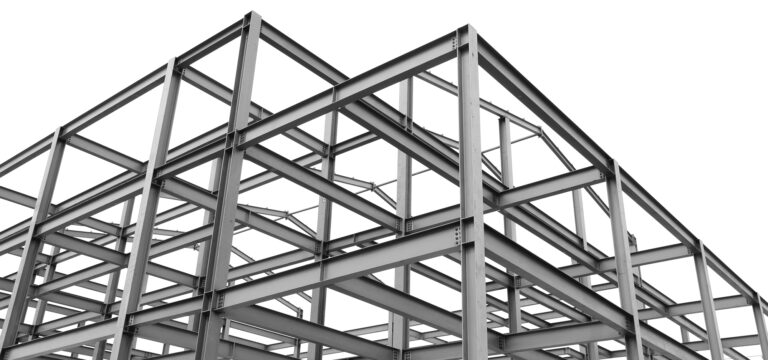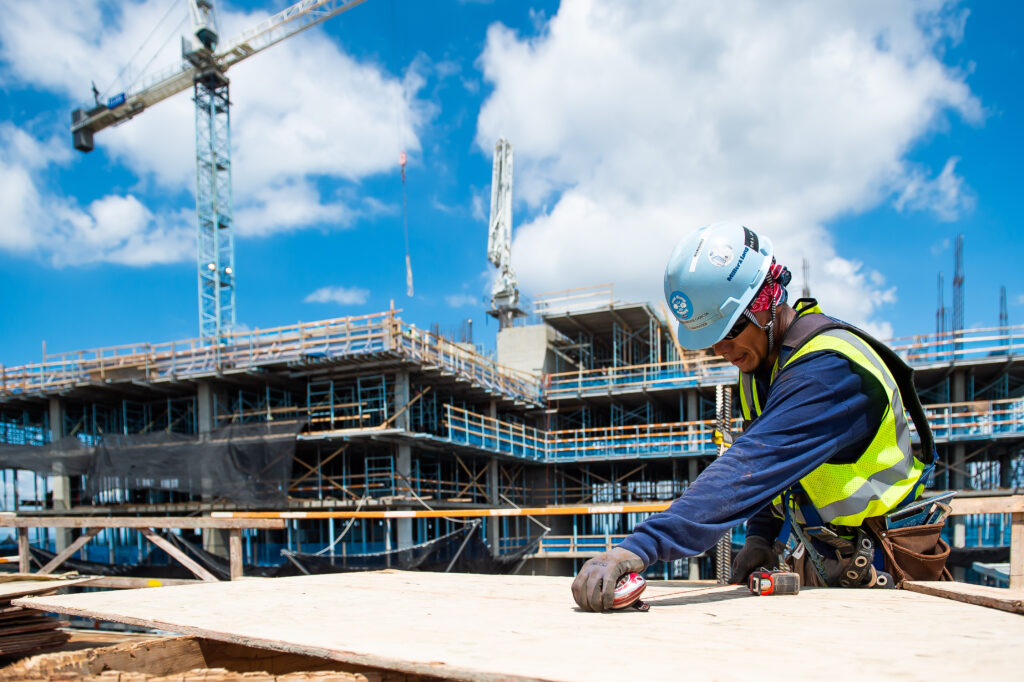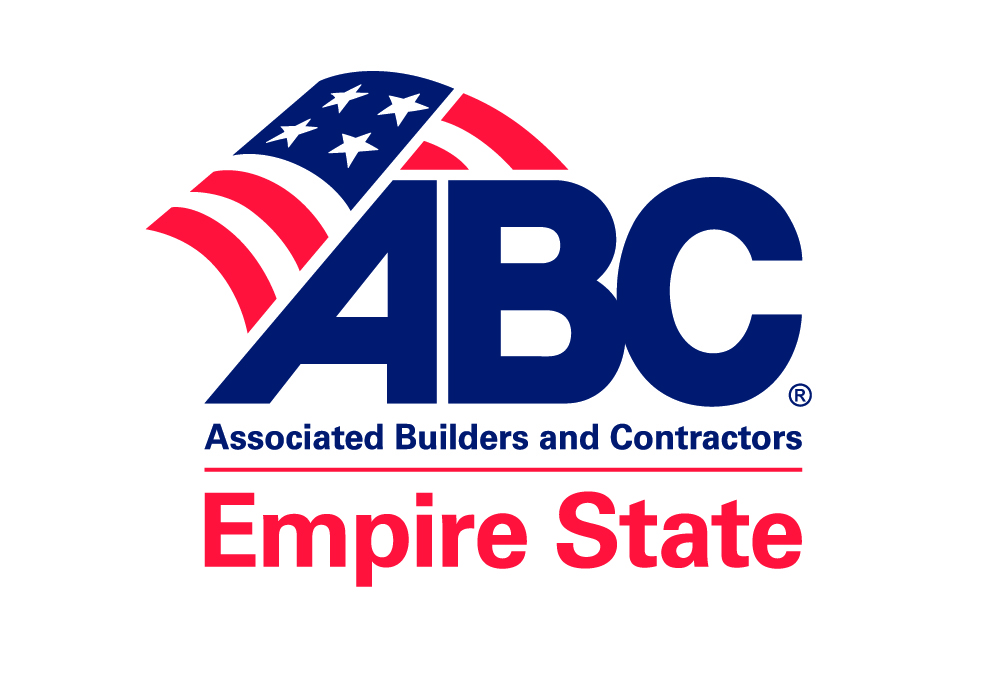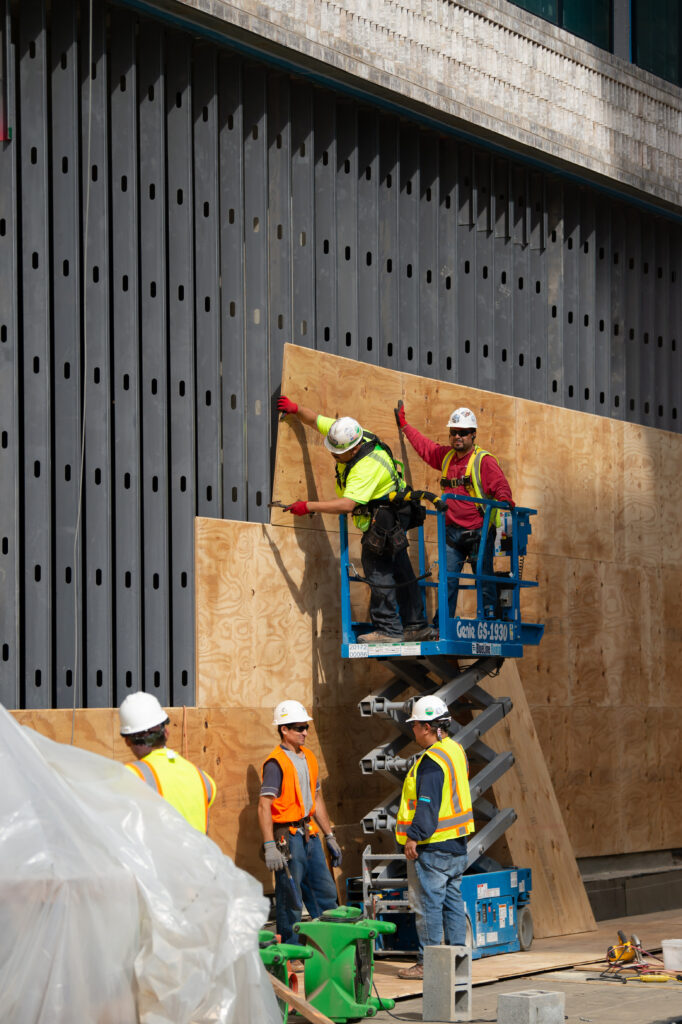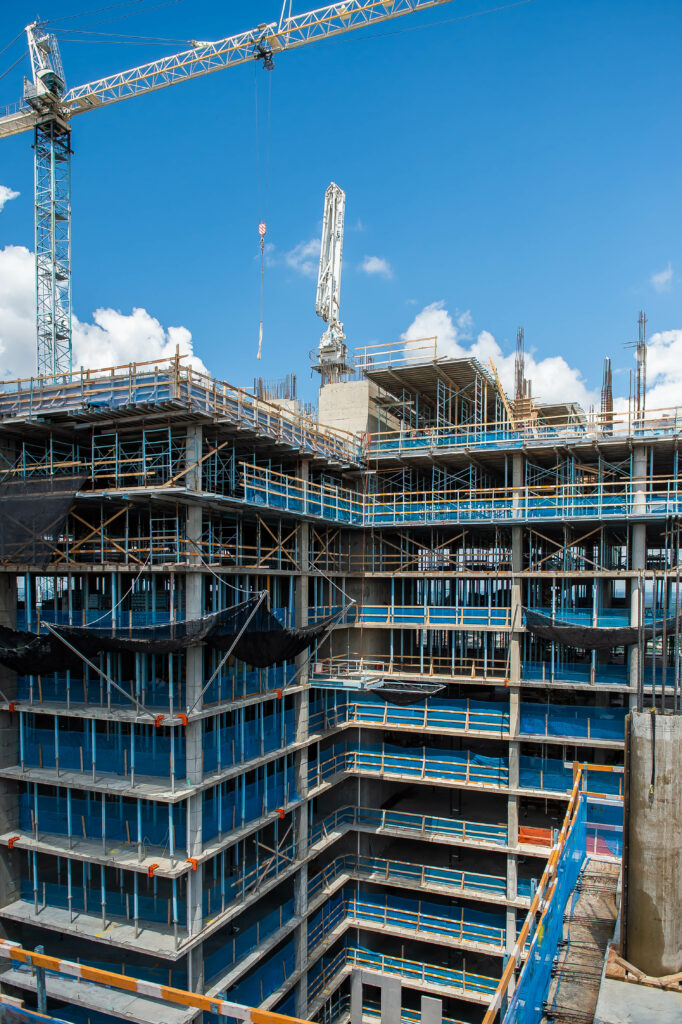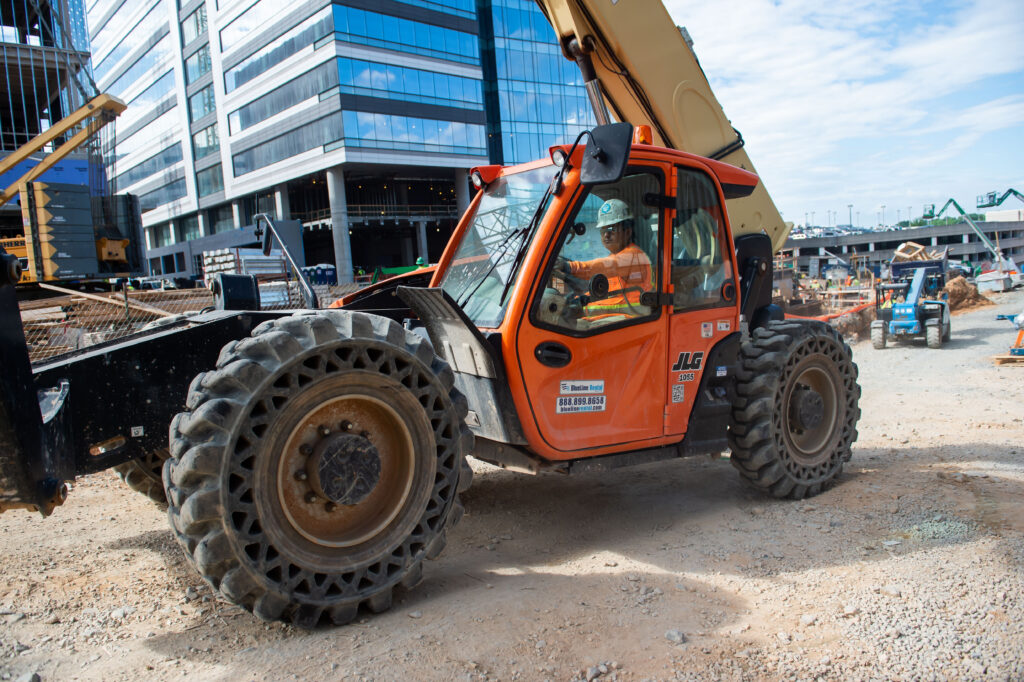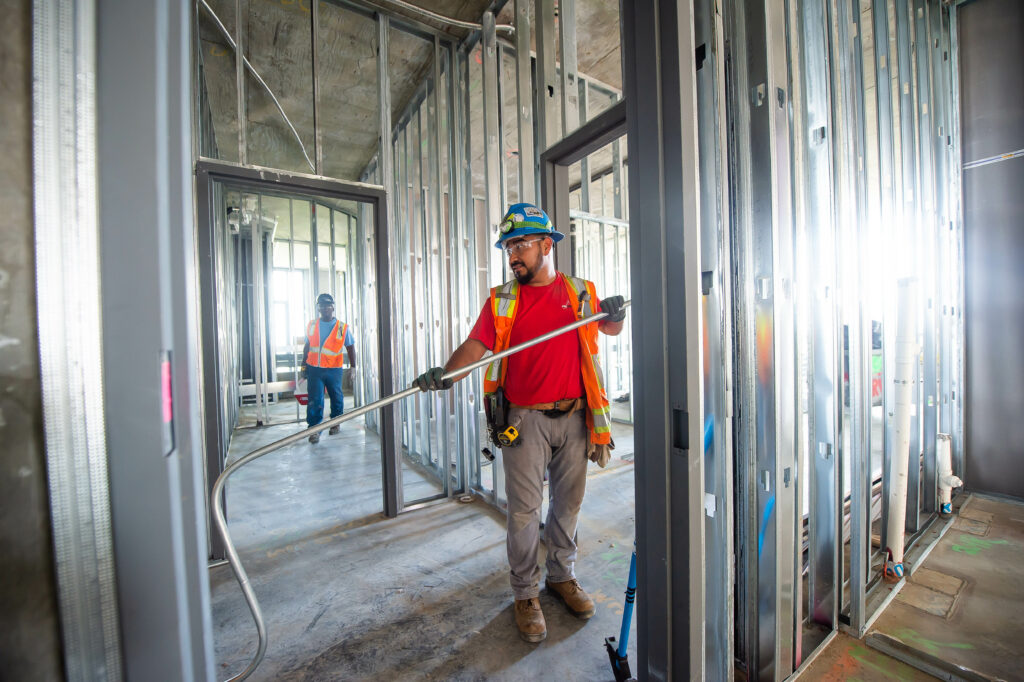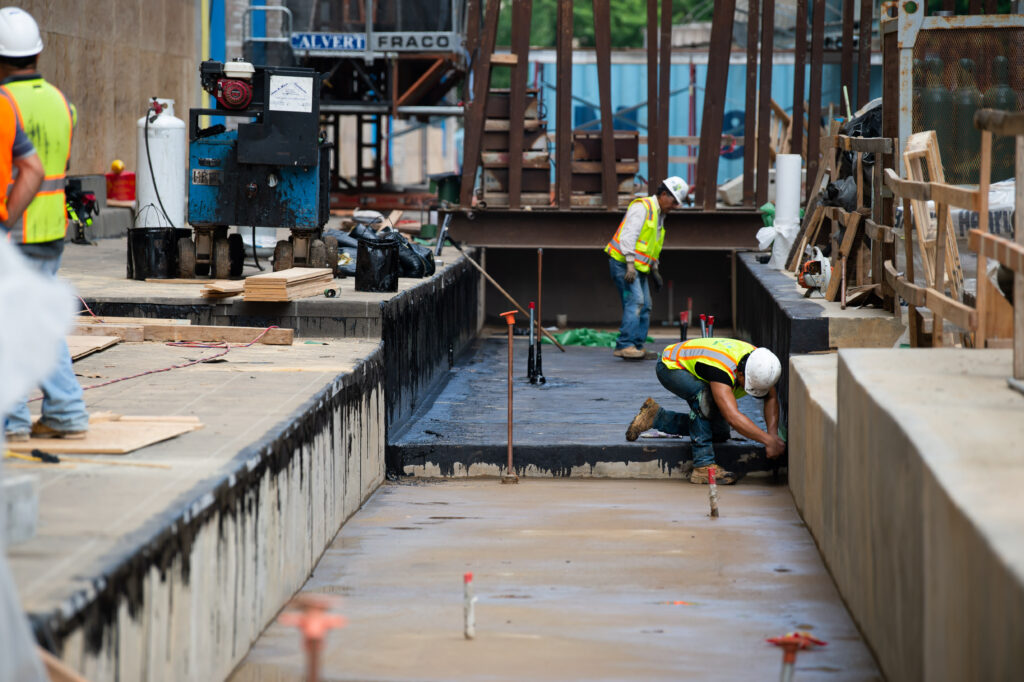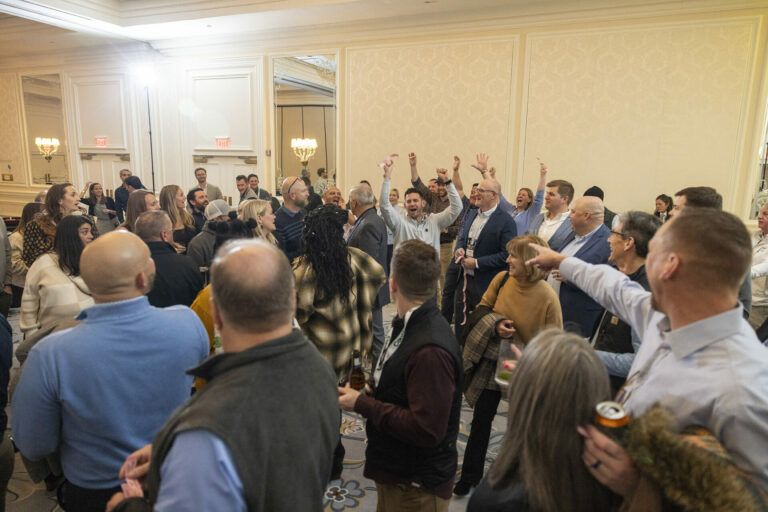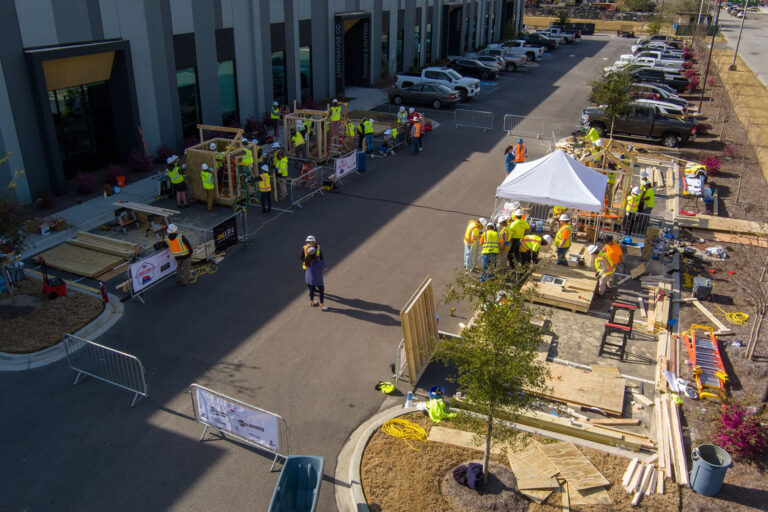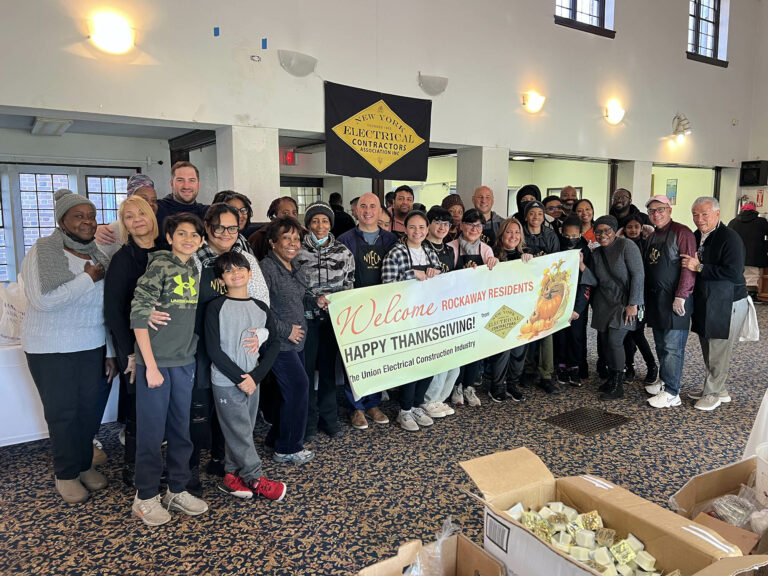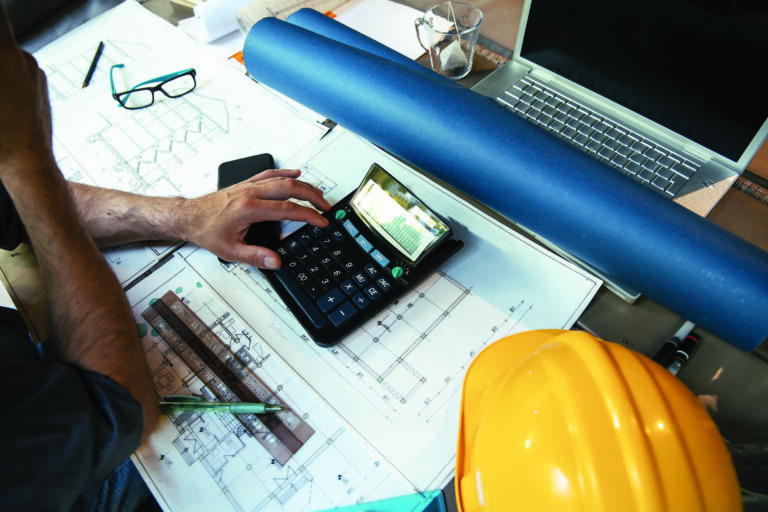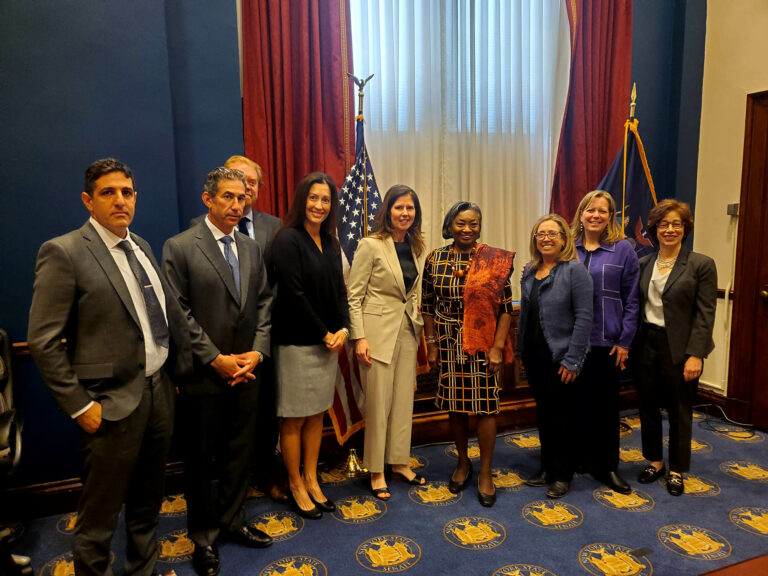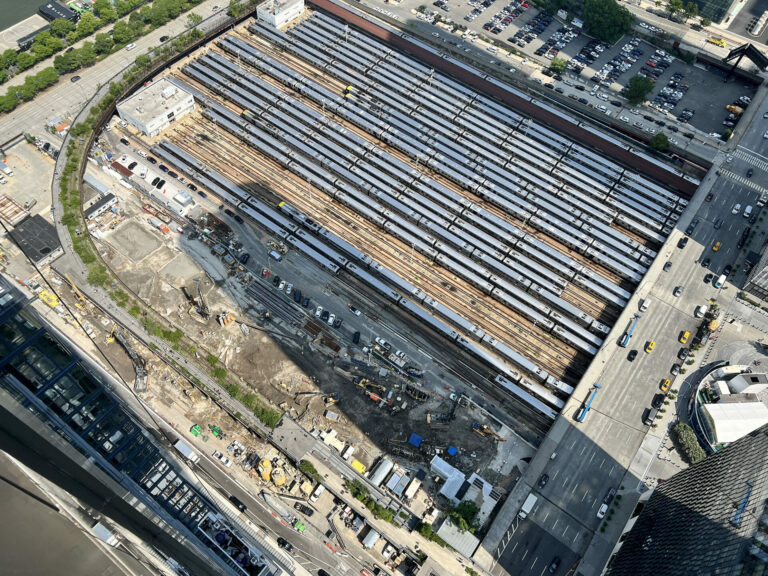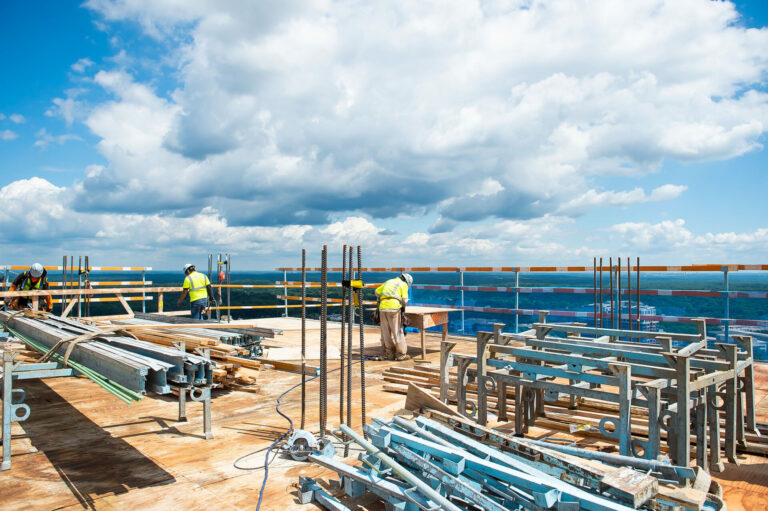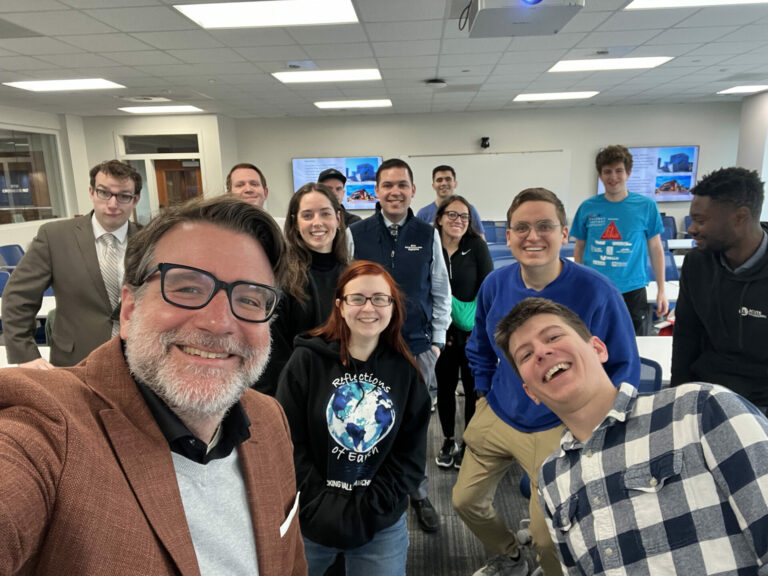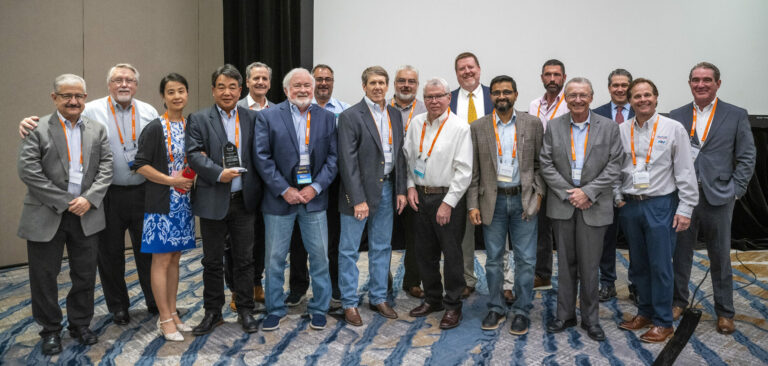Since the founding of the nation, the United States has held one thing above all others, it is a place which has been built on one very clear tenet, the unwavering belief that carries through every facet and corner of American society. That is; if you work hard, you will be rewarded appropriately. Generations of ongoing success and thousands of start-up enterprises can all attest to the validity of this. Without putting too clichéd a point on it, this is the American Dream and it is a highly respected and fiercely protected aspect of communities across the nation. It is also a cornerstone of the philosophy within Associated Builders and Contractors, a trade association with over seventy years of experience advocating and educating on behalf of its members. Set up by seven contractors in Baltimore, MD, the association – composed of 69 chapters and more than 21,000 members, nationwide – promotes a merit shop philosophy “which encourages open competition and a free enterprise approach that awards contracts based solely on merit, regardless of labor affiliation.” According to Brian Sampson, President of ABC’s Empire State Chapter, it can be broken down into even simpler terms. “We want to be an advocate for what we refer to as free enterprise. This is when a contractor is able to choose which projects they want to bid on and they will either win or lose those bids based solely on the information that is in that bid, not through any undue influence positively or negatively from the government.”
The Empire State Chapter, which covers the entirety of New York state with five regional offices spread throughout, advocates for more than 400 members and a better, safer construction industry for all. While the Chapter operates under the guiding principles of the national office, it is a largely independent organization that can adapt and work around the needs of the members in its state. While the idea of the merit shop philosophy may seem alien to those that only know of New York from a distance, Brian explains that the perception of the state, and ABC Empire State Chapter members, are not entirely accurate. “Last year our chapter celebrated its fiftieth anniversary. We have been in this state for fifty years now, and in a state like New York, I think there is often a misunderstanding. Everybody says that it’s a union state and there is this perception that the unions have the bulk of the workforce. Actually, within the construction workforce that is not the case. Depending on where you are in the state, 70% or more of the workforce is not signatory to a collective bargaining agreement.”
“We want to be an advocate for what we refer to as free enterprise. This is when a contractor is able to choose which projects they want to bid on and they will either win or lose those bids based solely on the information that is in that bid, not through any undue influence positively or negatively from the government.”
Brian feels that this misalignment of workers and the overall perception, can lead to disparity across the sector when it comes to access to bids, pitches and projects. “Conversely, many of the laws and regulations that we see emanating from Albany, the New York City Council or from other local governments, are put in place to tilt the playing field in favor of organized labor. So we spend an inordinate amount of our time educating elected officials about what the labor force really is, what it really looks like and what it does. We try to explain how the legislation that they are most likely supporting will really impact the people that they claim they want to help.”
One vital piece of work being done on behalf of its members currently is advocating for merit shop companies to get a fair chance at bidding on projects as part of the federal Infrastructure Bill. Brian believes that while this funding is much needed and long overdue, more is needed. “60% of the bridges in New York State are either deficient or structurally deficient. You look at our sewers, the city of Syracuse still has wooden pipes from the late 1800s and early 1900s. It is a welcome step, but it is a down payment on a long standing issue that has to have continual increases in funding if we’re going to get to that quality of life that we will want out of our infrastructure.”
It is not all positive, however. In fact, the matter of PLAs (Project Labor Agreement) is causing ABC and its members massive concern. While President Biden has recently signed an order mandating PLAs on federal construction projects over $35 million, those at ABC argue that this represents an enormous inequality in the system. “What we worry about in this state is something called a project labor agreement or a PLA. So, when you look at things like the new terminal at JFK, the new terminal at LaGuardia, the expansion of the Javits Centre, upstate airports, large school districts throughout the state, they put a PLA on all of it. It is a pre-hire collective agreement that says, in most instances, that three out of every four workers that are going to perform the work on this project have to come from the local union. So, 75% of the people that work on that job are going to be unionized workers. Our members look at projects that have a PLA on it, and ask why they would bid that project when they can only put 25% of their people to work? When they see a PLA, they largely don’t bid on it which means most of that work then goes to Union contractors. We have to be very protective here and make sure that as much of that $27 billion that comes here is PLA free.”
Overall, however, there are challenges that face all facets of the industry; the omnipresent challenge of finding skilled workers to capitalize on these opportunities. Brian identifies the startling figures surrounding open position across the New York industry as evidence of a deep malaise that requires urgent attention. It is one, he believes comes down to education. “All of our members will tell you that their single greatest challenge is getting people to work and getting people into the industry. I think there’s still a large number of people out there that believe construction is about shovels, picks, manual labor. While that is still a good portion of the work, the industry has gotten so technical and so precise, and we haven’t done a good job of changing the mindset of parents and kids about why construction is something they should consider.” Notwithstanding the huge investment that is coming into the industry imminently, Brian identifies education and a shift in mindset as the number one task facing his members, the association and the industry in general. “We have to do a better job of fixing the perception of the industry and working with the state to find ways to get kids into this industry. We can talk about the infrastructure bill all we like, at the end of the day, you can’t fix a road or a bridge, you can’t build new sewers or wastewater treatment plants if you don’t have the workforce to do it.”
With over fifty years of experience and a highly passionate agenda to protect the rights and interests of its members, ABC can often feel like a lone voice in a crowded industry. For Brian, this is not a position that he is afraid to take. “So, we often think of ourselves as Sisyphus, right? You know, the Greek character who is always pushing the boulder uphill, and the boulder rolls right back down? And that’s okay. That’s our role. We are happy to do it and we win, we succeed, we make sure that our members have a voice in what happens in their government.”








